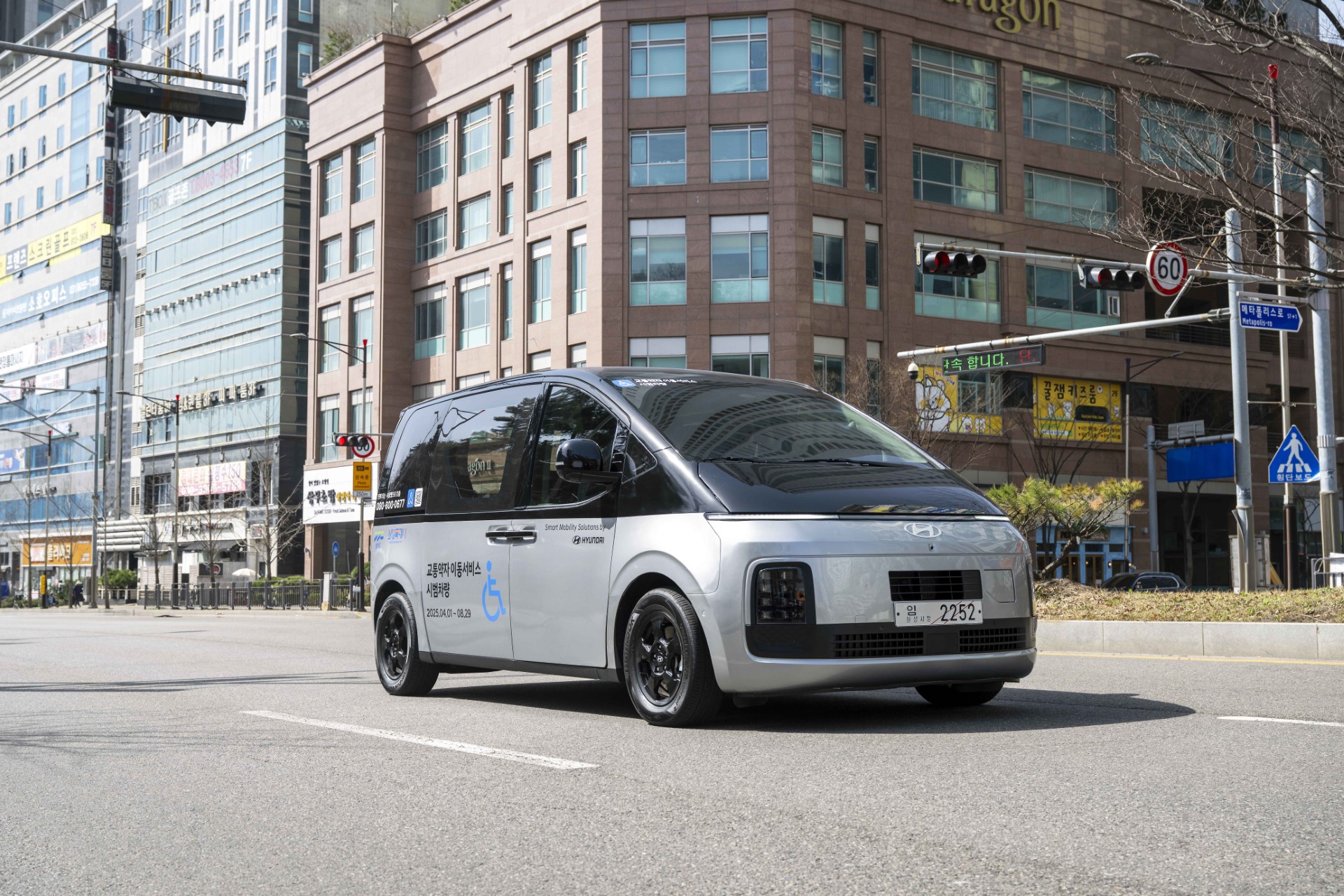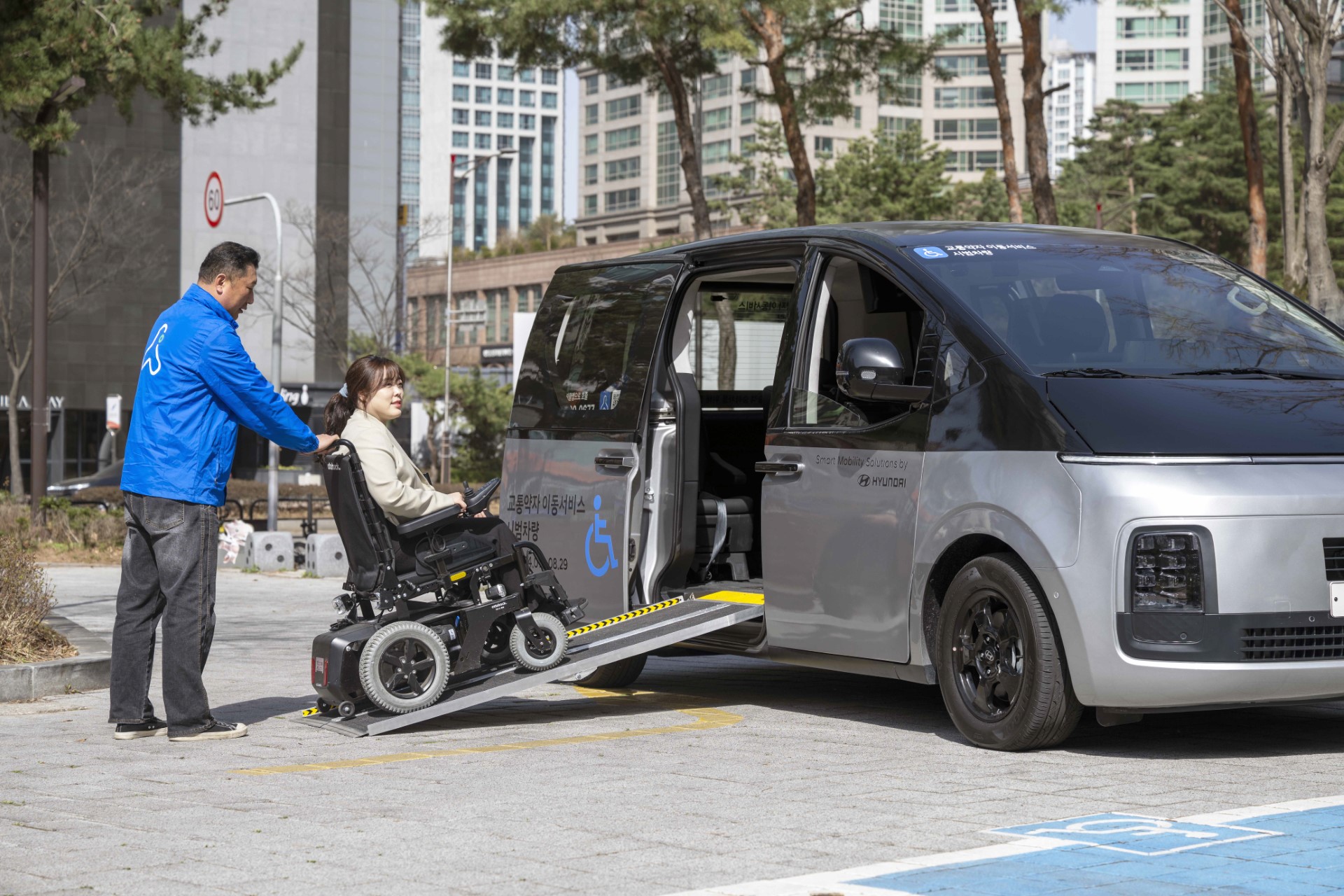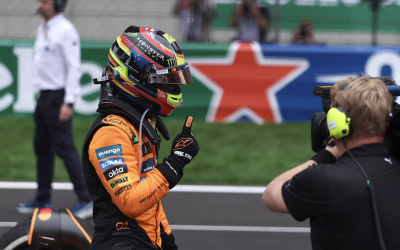On 1 April 2025, Hyundai Motor launched a groundbreaking mobility demonstration in Dongtan, Gyeonggi-do.
The initiative, running over five months, aims to bring tangible change to people with mobility challenges. At the heart of this movement is the R1. Based on the ST1 electrification business platform, the R1 is a modular companion, tailored for adaptability and inclusiveness with expandable hardware and customisable software.
It’s what Sooyoung Kim, Vice President and Head of Hyundai Motor Group’s Mobility Business Group, calls “a service that combines designated mobility devices with universal design”. Kim adds, “We will continue to carry out an array of human-centred innovations for the freedom of movement for all, paving the way for a more inclusive society.”
But what’s hardware without the smarts to match? That’s where Shucle, Hyundai’s demand-responsive mobility app that uses artificial intelligence to match passengers and vehicles dynamically, come in. It reduces wait times, recalibrates routes on the fly, and makes mobility a matter of seconds, not struggles.
Shucle even has an integrated voucher system. Existing voucher taxi users can now hop onboard Hyundai’s mobility solution twice a day for free. No more tedious back-and-forth with support centres. Just issue your digital voucher in the app, hop in, and go.

Traditional transport solutions for people with mobility aids often involve rear entry. Hyundai flips this narrative with side-door boarding, allowing passengers to sit alongside up to two companions.
Inside, for those with hearing or visual impairments, the R1 features high-contrast UI settings and an onboard tablet for text-based communication with the driver. Whether you’re deaf, blind, or just prefer typing over talking, Hyundai has your back.
This isn’t Hyundai’s first foray into inclusive mobility. Back in 2021, they trialled the Enable LA project, gaining valuable insights into what works and what doesn’t. The Dongtan project is simply the next step in a journey the brand appears committed to.
Let’s not kid ourselves. Accessible mobility isn’t just about vans with ramps and apps with maps. It’s about reshaping the built environment, social attitudes, and even business priorities.
Hyundai’s work in Dongtan shows that it’s possible to marry innovation with empathy, to build not just smart cities, but kind ones.
Read more automotive news at AutoApp, or check out our latest videos on YouTube and on TikTok!






